10 online scams of cybercriminals
Charity scam, donation to support flood victims
Fraudsters use images and information similar to official sites to call on benefactors to donate and transfer money to personal accounts for appropriation. They even exploit people's interest in news related to the storm and flood situation, spreading fake information and false news on social networking sites about the flood situation.
The Information Security Department recommends that before donating or supporting, people need to carefully research the calling organization and verify the authenticity of the information provided. Donate or support at reputable, transparent units to ensure that your contribution is truly meaningful.
Impersonating and editing images of hospitals to defraud and appropriate property
Fraudsters create fake social media accounts with the names and images of reputable or well-known doctors in the medical field. These fake pages often share articles related to health, medical examination and treatment, provide certificates and degrees to attract attention and gain trust from followers. After building trust with followers, the scammer will offer online medical examination and treatment services at low prices or special offers. After receiving a deposit or payment for the service, the subject will disappear or provide inaccurate medical information, causing harm to the patient's health.
People are advised to be extremely cautious with medical examination and treatment services and drug sales on social networks. Before using medical examination and treatment services, carefully check information about doctors and medical facilities, verify through websites of reputable medical agencies or from reliable sources. Only use legitimate online medical examination and treatment platforms that are licensed and have a clear doctor identity verification system.
Financial investment scams on social networks
The subjects often set up fake or unlicensed stock exchanges and virtual currency investment platforms. They even pretend to be financial experts, stock specialists or representatives of reputable brokerage firms. Next, the subjects invite victims to investment groups on social networks (such as Facebook, Telegram, Zalo, etc.) and invite victims to join the platform they create. Initially, the subjects advertise their trading platform with the promise of high interest rates, even providing fake evidence of profits from previous investors. After attracting a large number of investors and receiving money, the virtual trading platform will close or disappear, causing investors to lose all their invested money.

People are advised to absolutely not participate in investing, buying and selling on virtual currency exchanges, digital currencies, websites or virtual currency investment applications. Check the operating license and information about the exchange. Only trade on exchanges licensed by the authorities. Do not share personal information with anyone in any form; Do not download applications of unknown origin or click on strange links.
Fake information related to labor export
The subjects often impersonate legitimate labor brokerage companies by creating fake websites or providing fake documents. More sophisticatedly, the subjects also organize seminars and meetings in localities, promising jobs abroad with high incomes and good working conditions. The subjects promise lower labor export costs than usual and very high incomes. Next, the subjects ask the workers to pay a large sum of money for procedures or input costs before signing an official contract. After paying the brokerage fee and document costs, the workers will not be able to contact the fraudsters again or will be sent abroad with jobs and incomes far different from the original promise.
Workers absolutely do not believe in advertisements or invitations that promise attractive jobs but lack legal basis. Conduct identity checks of organizations, verify through official websites of competent authorities. Only participate in labor export programs through companies licensed by the Ministry of Labor - Invalids and Social Affairs . Absolutely do not pay any money before signing a clear labor contract with specific terms of work, income, and expenses.
Fraud through gift giving on October 20
The common trick of these subjects is to inform the victim via text message, email, or phone call that they have won a big prize even though they have not participated in any program. In addition, the subject will take advantage of the names of large organizations and companies to create trust, such as phone brands, cars, or famous brands. The subject will ask the victim to provide personal information such as ID number, bank account number, password. Request to transfer a sum of money (shipping fee, tax) to receive the prize. The subject even creates time pressure, requiring immediate action or the prize will be lost.
People should be cautious and vigilant when receiving messages or calls announcing winning prizes or inviting them to participate in free customer appreciation programs. Absolutely do not follow instructions or make money transfers to strangers. Do not provide sensitive personal information in any form. Do not access strange links. Absolutely do not share bank account numbers, OTP codes, passwords, or any sensitive information.
Impersonating traffic police to send fine notices
Recently, many people have been scammed by some people who impersonate traffic police to inform them of the results of their fines. Not knowing the handling procedures of the authorities, some people have fallen into the trap.
The common trick of these subjects is to pretend to be Traffic Police reporting traffic violations. However, due to the deadline for handling, they ask the violator to provide the ticket number. If the violator has not received the ticket, these impersonators ask the violator to provide a series of information such as: name, age, address, ID card/citizen identification number, passport number, bank account number... so that the authorities can provide the ticket number, violation, form of handling, and fine amount. After that, the subject asks the victim to transfer money to the subject's account. Those who are gullible and not vigilant will become "prey" for the property appropriator.
People are advised to be alert when receiving calls and messages from unknown subjects. People need to proactively find out and check, verify the subject's identity by contacting official information pages. In cases of being fined, the Traffic Police always send a notice requesting the vehicle owner or related person to come to the police headquarters (where the violation occurred) to work, so there is no such thing as calling or texting via phone to report the violation. Absolutely do not follow instructions, do not make money transfers to strangers. Do not provide sensitive personal information in any form. Do not access strange links.
Offer "do online tasks"
The subjects often create fake social media accounts, claiming to be support staff, impersonating reputable companies. The subjects use social media sites such as Facebook, Zalo or Telegram to lure and guide victims to participate in "projects" or tasks of depositing money to receive fake commissions. Sometimes the subjects also use pressure tactics, asserting that if they do not act immediately, the user will lose a great opportunity. After the victim trusts to transfer money, when a certain amount of money is reached, the subjects will give a series of reasons for the victim to not be able to withdraw the money and block all communication.
People should be wary of promises of high incomes and easy jobs without qualifications. Verify information from official sources and do not trust unclear announcements or information channels. Do not provide personal information, bank account information or passwords to anyone. Set up two-factor authentication for online accounts and update passwords regularly.
Impersonating banking apps to take control of devices
Taking advantage of technology, scammers have used fake banking apps and created fake money transfer invoices to appropriate assets.
The common method of the above scammers is to create websites, applications, social networking sites impersonating banks and financial institutions, payment intermediaries. Then, they approach the victims in many ways (running ads, spreading messages impersonating banks or impersonating bank employees calling victims...) to steal users' personal information and carry out the scam scenario. The scam scenario of the subject often changes continuously to deal with the fact that the authorities regularly warn people such as: inviting to upgrade credit cards; borrowing money online with easy procedures, low interest rates; notifying bank accounts of suspicious transactions; instructions for updating biometrics, account information... Then the subjects manipulate and ask the victims to follow the request to provide login information, passwords and especially OTP authentication codes.

Notably, there is a phenomenon of luring victims to install fake apps on their phones. These apps contain malicious code and take control of the phone to steal information and then transfer money online to appropriate the victim's assets.
People are advised to absolutely not follow instructions or make money transfers to strangers. Do not provide sensitive personal information in any form. Do not access strange links. Absolutely do not share bank account numbers, OTP codes, passwords, or any sensitive information.
Impersonating power company
The subjects claimed to be employees of the electricity company, sent overdue bills including the victim's information and home address via email, and asked to access the link to proceed with payment procedures. To increase persuasiveness, the subjects attached a phone number at the end of the message, enticing the victim to call to verify and resolve the problems. After the victim made the call, the subjects used an urgent, urgent tone, saying that the electricity supply where the victim lived would be cut off in the next few hours, requesting that the debt be paid quickly. To make the payment convenient and quick, the subjects asked the victim to provide information about the place where the bank account was registered, then sent the link and encouraged the victim to access it using a phone device with an online banking application installed. After accessing, the link will automatically redirect to the transaction screen, asking the victim to confirm to complete the payment.
People are advised to carefully verify the information and identity of the email sender and the work unit through the phone number or official information portal. Absolutely do not access strange links, do not make money transfers to suspicious accounts without verifying the information.
"Health consulting" groups on social networks
The common method of the above subjects is to create Fanpages, groups on social networks or make phone calls to attract victims to participate. Initially, the subjects invite them to join the groups and then call to advise them on buying oriental medicine to treat their illnesses with attractive promotions, such as free use of medicine for 5 years and insurance reimbursement of 80% of the cost of the medicine used for treatment. Here, the subjects will share and exchange information, video clips using images of doctors and medical staff to describe advice and instructions on how to use foods or describe the effects of foods like a real experience or living witness of someone who has suffered from the disease to increase persuasiveness. With a long-term illness that has not been cured and the attractive invitations online, these victims were scammed out of millions of dong by the subject. After receiving the money, the scammer immediately lost contact.
Before using medical examination and treatment services, people should carefully check the information about the doctor and medical facility. If you need medical examination and treatment, go to reputable hospitals or medical facilities licensed by the authorities to ensure safety. In addition, people should only use reputable online medical examination and treatment platforms that are licensed and have a clear doctor identity verification system.
In case of suspicion of being scammed, people need to immediately report to the authorities for timely support, resolution and prevention.
Source: https://www.binhduong.gov.vn/Lists/TinTucSuKien/ChiTiet.aspx?ID=15398


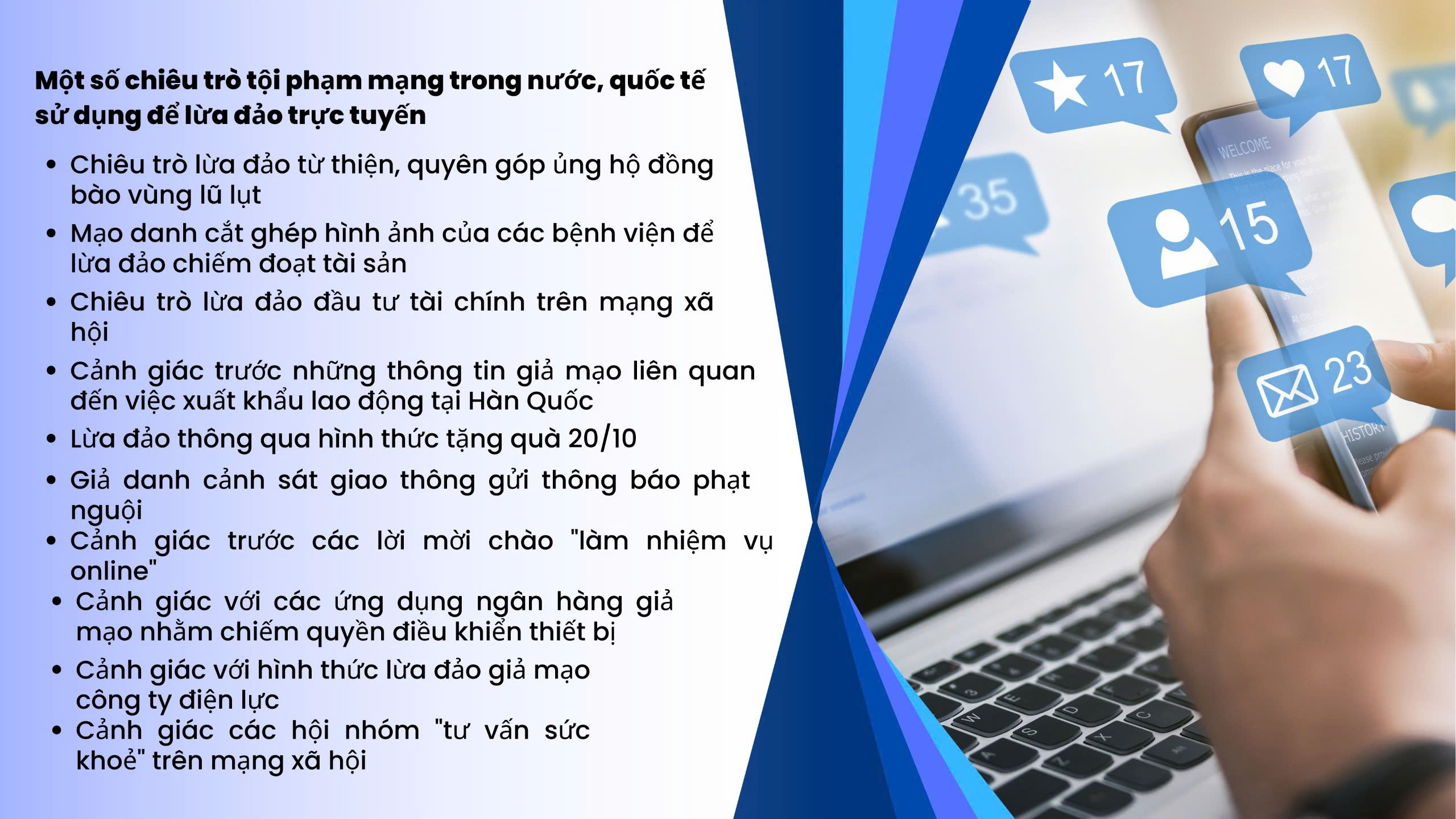
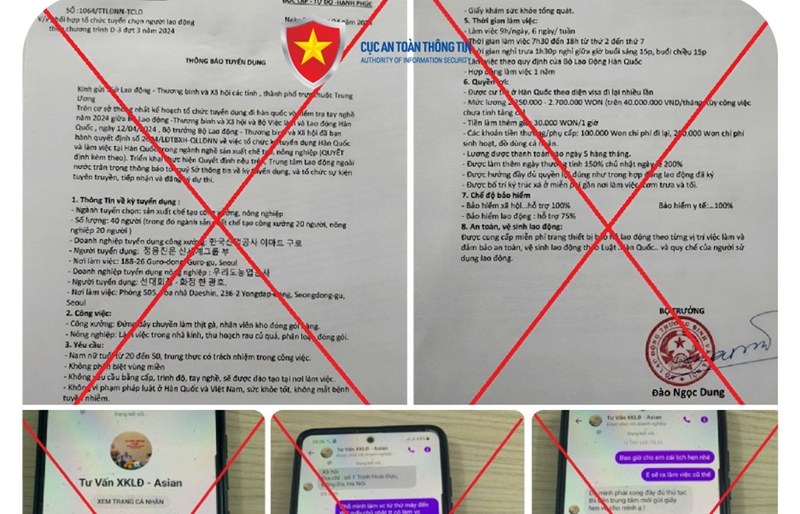

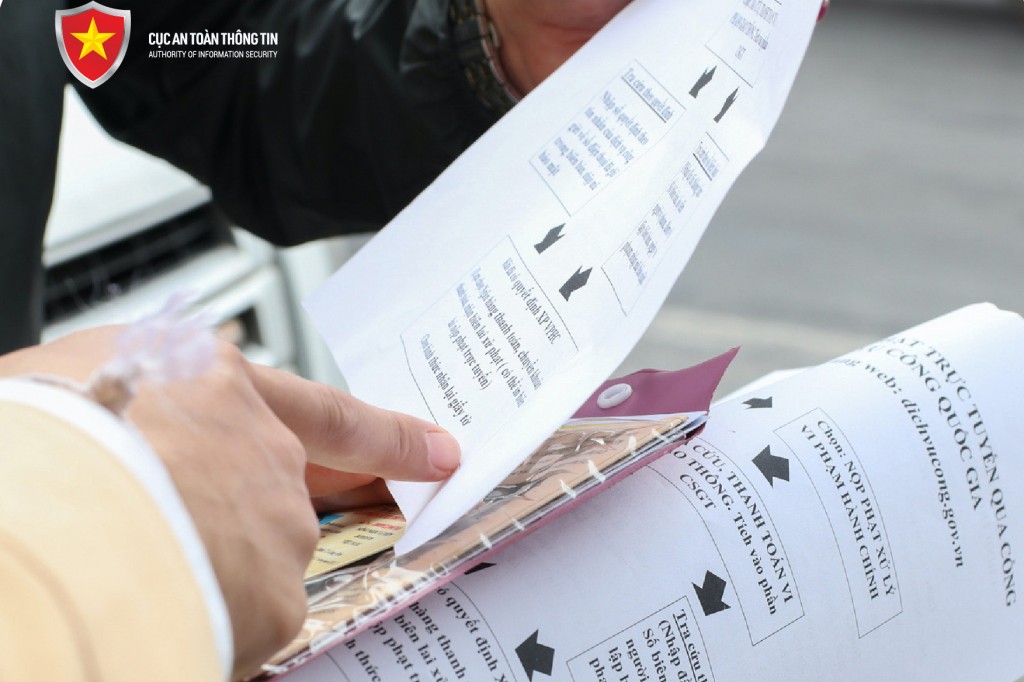
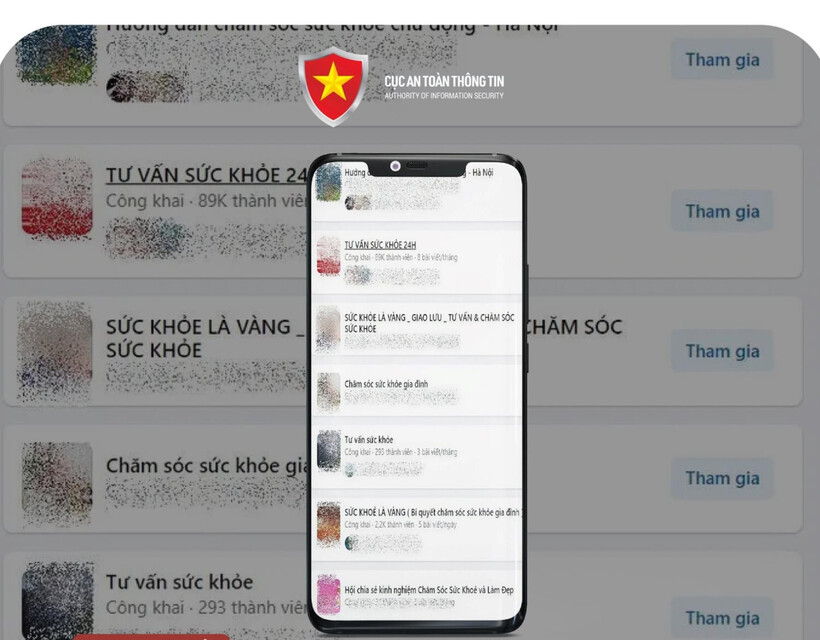




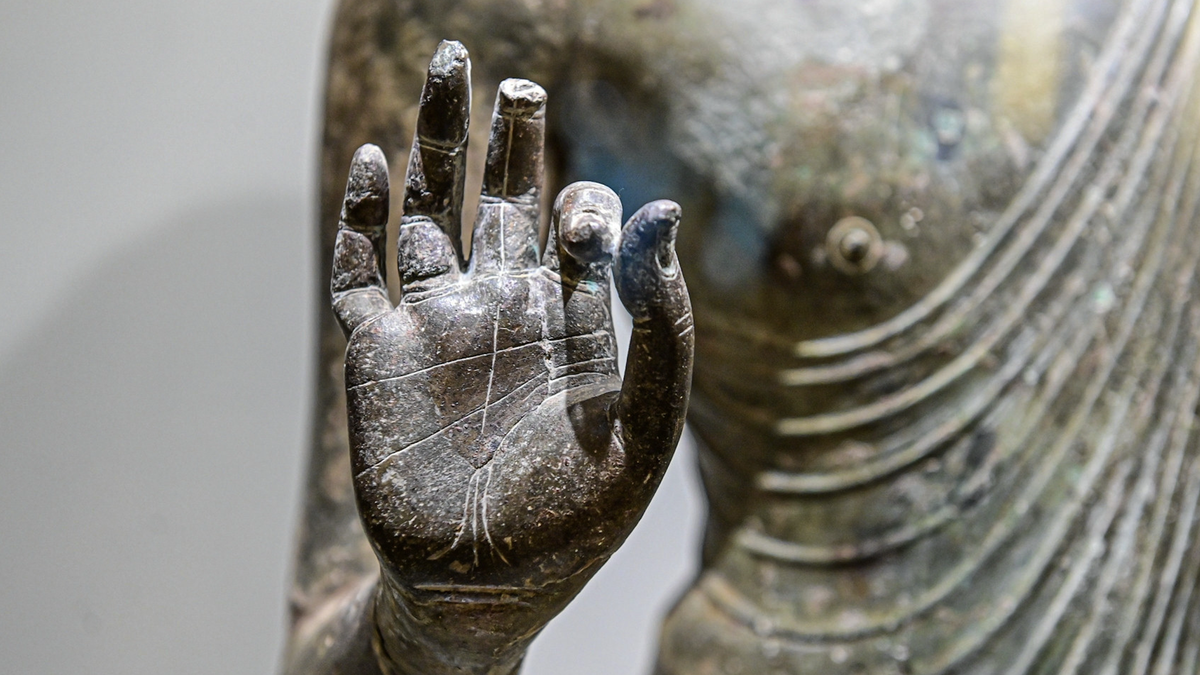



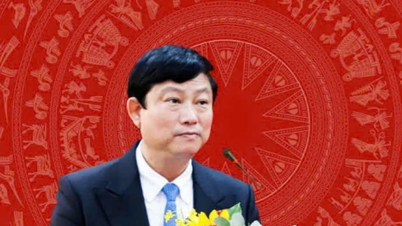
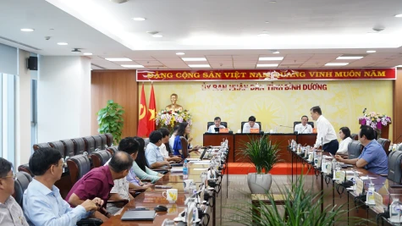





































































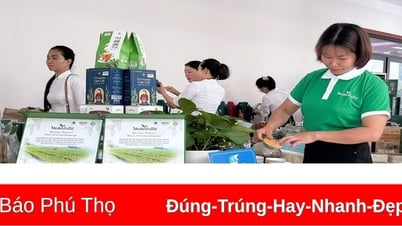

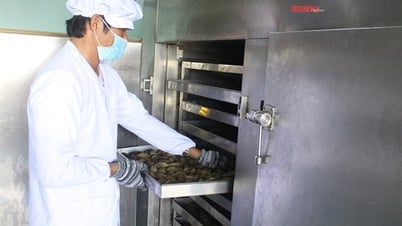

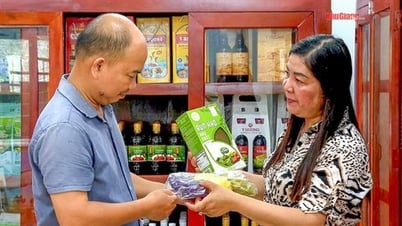









Comment (0)